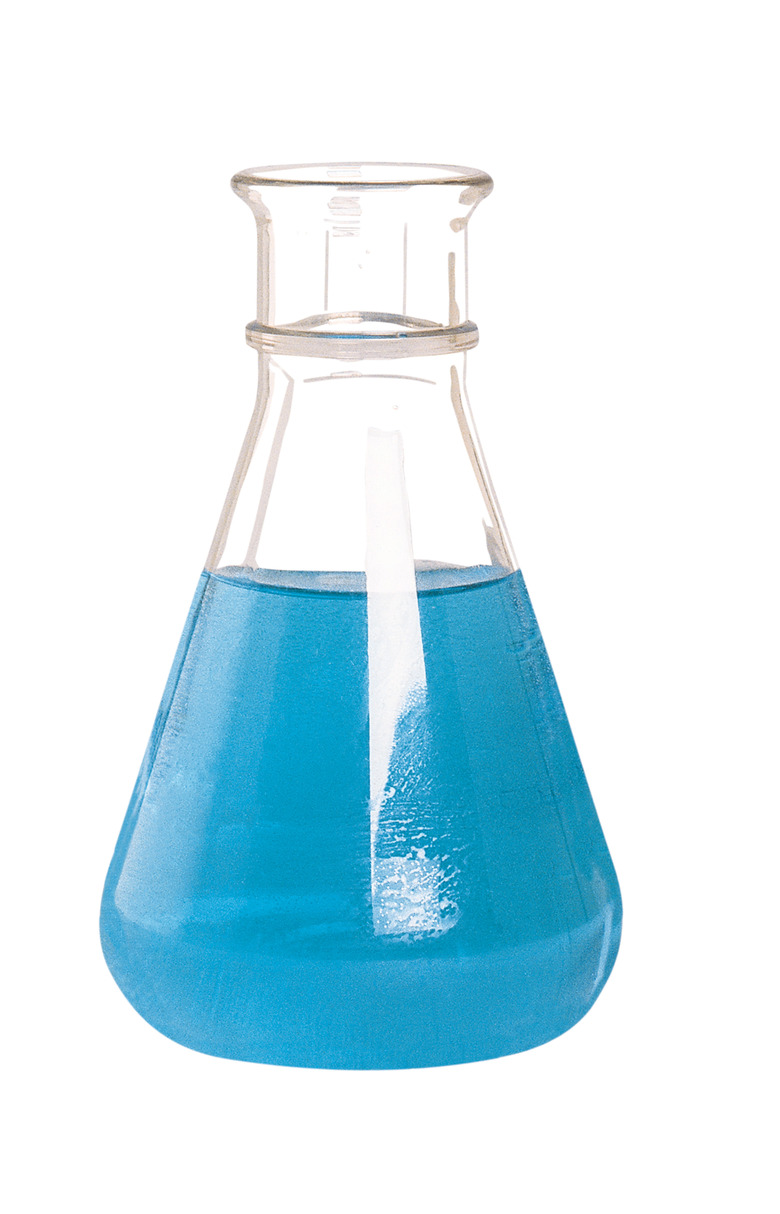How To Separate Oxygen From Liquid Air
The utilization of liquid oxygen has spread rapidly into many industries, including food production, medicine and space exploration. Atmosphere (air), which is mainly composed of nitrogen, oxygen and carbon dioxide, is cooled until it reaches -200 degrees Celsius and liquefies. The liquid air undergoes a process called fractional distillation. Fractional distillation uses the different boiling points of the main elements of air. As the liquid air is heated, the elements change from liquid to gas and separate from one another.
Step 1
Pump air through a filter to remove dust and other contaminants. Cool the air in stages until it reaches a temperature of -79 degrees Celsius. At this point, the carbon dioxide will become solid and drop from the cooled air, leaving nitrogen, oxygen and argon in the air.
Step 2
Continue cooling the air until it reaches a temperature of -200 degrees Celsius and becomes liquid.
Step 3
Pump the liquid air into a fractionating column. Create a marginal amount of heat at the bottom of the column. As the air becomes heated, the Nitrogen will convert to gas when it reaches temperatures above -196 degrees Celsius, rising to the top of the column and though a collection pipe at the top.
Step 4
Maintain a temperature in the bottom of the column below -183 degrees Celsius so the oxygen remains liquid. Pump the liquid oxygen from the bottom of the column into a separate fractionating column.
Step 5
Create a marginal amount of heat in the column and slowly raise the temperature of the liquid oxygen to convert the remaining element, argon, into gas and separate it from the liquid oxygen. Pump the pure liquid oxygen into a separate storage tank.
Things Needed
- Filter
- Cooling system
- Fractionating column
TL;DR (Too Long; Didn't Read)
A collection pipe can be placed in the center of the fractionating column to collect the argon, eliminating the need for a separate fractionating tank.
Warning
The separation of liquid oxygen from liquid air is dangerous and should only be performed by professionally trained personnel in regulated facilities.
Liquid oxygen is cold enough to cause serious injury if it contacts your skin; use proper protective equipment when handling.
Liquid oxygen expands rapidly when heated; store in proper containers.
Cite This Article
MLA
Hoskins, David. "How To Separate Oxygen From Liquid Air" sciencing.com, https://www.sciencing.com/separate-oxygen-liquid-air-8757406/. 24 April 2017.
APA
Hoskins, David. (2017, April 24). How To Separate Oxygen From Liquid Air. sciencing.com. Retrieved from https://www.sciencing.com/separate-oxygen-liquid-air-8757406/
Chicago
Hoskins, David. How To Separate Oxygen From Liquid Air last modified March 24, 2022. https://www.sciencing.com/separate-oxygen-liquid-air-8757406/
